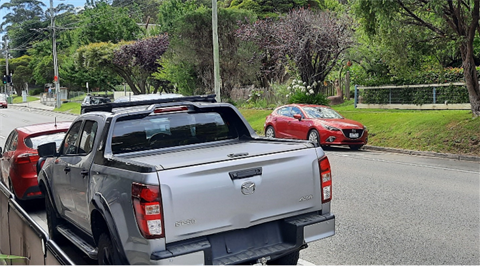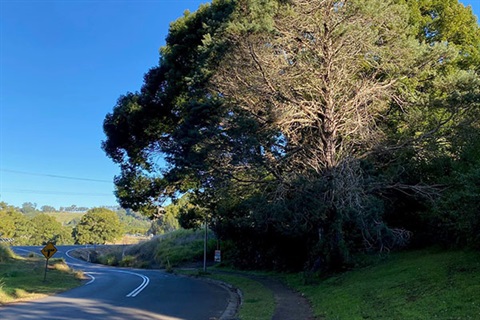- $16.4 million to support emergency pest and disease responses
- $6.8 million for upgraded border checkpoints
- $3 million to protect the WA environment and rural communities from the threat of invasive feral animals
The Cook Labor Government is strengthening the State’s vital biosecurity systems, with $26.2million set aside in the upcoming State Budget to protect valuable primary industries and natural environment from pest and disease threats.
The Government will provide $16.4 million to fund biosecurity responses to priority plant and animal pests and diseases over the next three years, such as the destructive Polyphagous shot-hole borer, which is impacting Perth’s tree canopy.
A further $6.8 million has been allocated to upgrade Department of Primary Industries and Regional Development’s border facilities at Eucla and Kununurra to improve traffic flow and install power generation systems and CCTV surveillance.
These facilities play a key role in preventing the entry of unwanted pests and diseases from interstate.
The Government has allocated $3 million over the next three years to manage the significant impact of feral deer and pigs on the environment and farming communities.
The funds will support on the ground activities as well as research and development to reduce the impacts of these pests on Western Australia’s agriculture, biodiversity, social and cultural assets.
The Cook Government continues to build on its significant additional investment in biosecurity funding of more than $90million over recent years to provide further protection to the State’s primary production and food security, and maintain access to key export markets.
As stated by Agriculture and Food Minister Jackie Jarvis:
“Global biosecurity threats have increased dramatically in recent years with WA responding to an unprecedented number of pest detections, including Queensland fruit fly and Polyphagous shot-hole borer in the Perth metropolitan area as well as red dwarf honey bee in the Pilbara.
“It is essential DPIRD is resourced to continue its efforts to eradicate these destructive pests, as well as respond to future pest and disease threats.
“This funding will also support initiatives to prevent feral deer from becoming established in WA and feral pigs from spreading further and impacting agriculture and the environment.”







